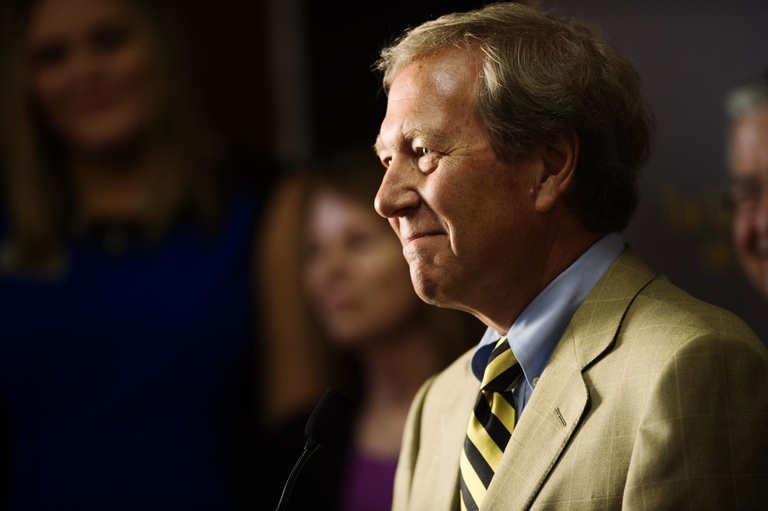Professor Teresa Mangum, director of the Obermann Center for Advanced Studies, recently wrote an excellent argument for the value of the humanities in the 21st century, including an account of many current innovations at Iowa. I wholeheartedly agree with the case she makes—you can read it here—and I want to reiterate how important the humanities are to the University of Iowa in particular: We wouldn’t be able call ourselves a university of any significance if we didn’t have robust humanities programs.

The 21st-century university is changing rapidly as the world around it changes. Our institutional structures, processes, priorities, and even some of our disciplines are changing. But through all of these transformations, we must remain committed to the core of our mission, which is the understanding, development, and enrichment of lives. At the same time, the humanities must respond and adapt to, as well as define and lead, the changes we are experiencing. The humanities disciplines of today need to be particularly dynamic, and we at the UI must continue to be leaders in adaptation as well as tradition, both of which have always been central to these fields and how we study them at Iowa.
In 1910, Benjamin Shambaugh brought together history and political science, creating what he called “applied history,” leading scholars to investigate state and local historical issues in order to assist lawmakers and civic leaders in addressing contemporary political, social, and economic problems. In 1938, art historian Lester Longman brought art history and studio arts into one department, hatching the “Iowa Idea,” which became the model for arts programs around the nation. In the 1970s, English professor Darwin Turner significantly developed the UI’s African American Studies program and founded the Black Action Theatre, now the Darwin Turner Action Theatre, a community outreach project that uses the performing arts to talk frankly about society, culture, and diversity. And in more recent decades, renowned historian Linda Kerber broke new ground in the way we understand the history of citizenship, gender, and authority.
Thanks to forward-thinking researchers like these, humanities disciplines look much different than they did in the past, and they will look much different in the future. But while many of their methods and subjects of study have shifted or broadened, their purpose remains the same: Humanities research provides us with context for meaning, helps us decide right from wrong, interprets human accomplishment, and gives us knowledge that goes beyond solving an immediate problem or a goal. Research that leads to technological or economic development is absolutely a crucial responsibility of this university—and we at the UI are very good at it and quite proud of what we do—but at the same time, we can’t forget the value of studying the more abstract parts of the human experience. Sometimes the answers we didn’t think to look for are the most important. At the risk of sounding cliché, we have to remember that asking why is just as important as asking how.
Here is what I believe: At the University of Iowa, we need to cure diseases, help develop our state’s economy, make technological breakthroughs, advance scientific research, prepare students for careers both in and outside of academia, and be leaders in asking and attempting to answer the most important questions about the human condition. Following those questions wherever they lead us is what gives meaning and significance to everything else that we do, and this is what I mean when I call the UI a classic liberal arts university. At the heart of our mission, no matter the discipline, is the understanding and advancement of our humanity.
